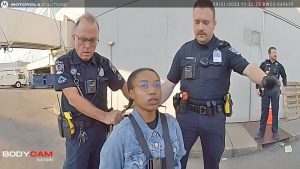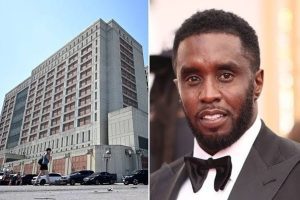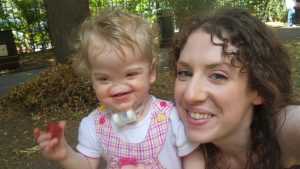In a recent interview with Oprah Winfrey, Prince Harry made shocking claims about his mental health struggles and his wife Meghan Markle’s alleged suicidal thoughts.
However, his statements regarding therapy have raised eyebrows and sparked a debate about the truth behind his claims.
During the interview, Harry admitted that he called his therapist before speaking to Meghan after a heated argument with his brother, Prince William.
This revelation came as a surprise to many, considering Harry’s previous statements about never having therapy and his family’s reluctance to address their problems.
In fact, in a BetterUp panel, he explicitly stated that he had never sought therapy.
But there is evidence to suggest otherwise.
In a 2017 interview, Harry himself mentioned that William had urged him to seek therapy.
Additionally, the Royal Daily Tee reported that Prince Charles had expressed concerns about Harry’s well-being and even considered going to therapy with him.
Neil Sean, a journalist, also alleged that Harry had his therapist present during interviews to promote “Spare,” a documentary series.
The presence of a therapist during these interviews raises questions.
Why didn’t Harry enlist their help when Meghan was allegedly experiencing suicidal thoughts?
It seems illogical that he would have his publicist or press people present, but not his therapist.
This discrepancy has led to speculation and doubt surrounding his claims.
Furthermore, the Netflix docuseries “The Me You Can’t See” shed light on Harry’s therapy journey.
A guidance therapist advised him and Meghan to tune out negativity over the phone, while Meghan engaged in yoga poses and physical contact with Harry.
Such unconventional practices by a therapist have raised concerns about the legitimacy of their approach.
Prince Harry’s credibility has also been questioned due to a tweet he read during the interview.
The tweet claimed that Harry had never heard the words “therapy” or “coaching” within the royal household.
This statement contradicts his involvement in the mental health initiative called Heads Together, which he joined in 2016 alongside Prince William and Princess Catherine.
Heads Together aims to challenge the stigma surrounding mental health and raise funds for innovative mental health services.
Sir Webber’s post, which highlighted this contradiction, received mixed responses online.
Some accused Prince Harry of lying and questioned his integrity.
Others sarcastically remarked that “recollections may vary,” referencing Queen Elizabeth’s response to the Sussexes’ allegations against the royal family.
The conflicting statements and revelations have left many perplexed.
Prince Harry’s claims about therapy and his knowledge of mental health initiatives seem contradictory, leading to doubts about his honesty.
Critics argue that he should be held accountable for his inconsistent statements and question why he continues to receive a platform to express himself.
As the debate rages on, it is clear that the truth behind Prince Harry’s therapy claims remains elusive.
The public is left to navigate through a web of contradictions, trying to decipher what is fact and what is fiction.





